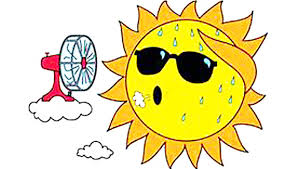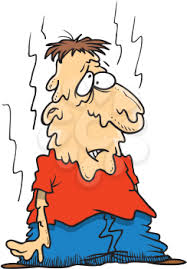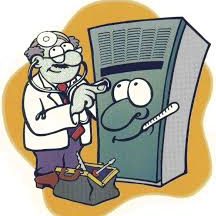 July 2025
July 2025
The best time to prepare for summer is in the winter.
Ensuring resident comfort means ensuring your HVAC system remains in good condition. There are energy efficiency, cost savings and property benefits to doing this.
HVAC is short for heating, ventilation and air conditioning. As the name implies, the system provides heat, and through this hot water. It provides ventilation by delivering fresh air from outside and removing old air through a system of fans, ducts and filters. Finally, it provides air conditioning for those days when a building gets too warm. Within units, heating and cooling can be controlled by a fan coil unit or thermostat.
Toronto’s Heating Season
All landlords are responsible for providing heat to a minimum air temperature of 21 degrees Celsius from September 15 to June 1. If the weather outside means that the building is 21 degrees Celsius without heat, property owners and landlords can turn the heat down or off. If a building has air conditioning, the Property Standards Bylaw requires that it be turned on between June 2 and September 14. Air conditioning can be turned on earlier as long as the building temperature does not drop below 21 Celsius.
These requirements do not apply to non-rental housing including condominiums except when rented to tenants.
Cooling Systems
Some buildings offer no cooling systems. Others may have individual cooling systems through a wall or window. These systems require heavy use of electricity, particularly when not adequately insulated. Cold air entering through or around a wall or window unit during colder months requires more energy for heating.
Fan coil units deliver warm or cool air depending on the season. Some systems can deliver either at any time of the year.
Heat pumps, an alternative to traditional cooling and heating systems, transfer heat from one area to another. They reduce energy consumption and carbon emissions, and are 50 percent more efficient than traditional cooling systems. Most cold-climate heat pumps can run at an optimal level until the outdoor temperature gets to about -15 Celsius (5 Fahrenheit) or below. It will continue to heat your home at lower temperatures but not keep it sufficiently warm so a backup heat source may be necessary.
Preventative Maintenance
As with all mechanical systems, preventative maintenance of HVAC systems is necessary if they are to continuously function year-round regardless of the weather.
Well-maintained HVAC systems operate more efficiently to keep spaces a comfortable temperature while using less energy. Preventative maintenance can identify and address issues before they escalate into problems. It extends the life of HVAC systems thereby saving the expense of premature replacement.
Air quality is improved with regular cleaning and changing of air filters. Dust, debris and pollutants can build up in an HVAC system and lead to poor air circulation and air quality.
 Treat your HVAC system well to ensure it continues to deliver comfortable and clean air regardless of what is happening outside.
Treat your HVAC system well to ensure it continues to deliver comfortable and clean air regardless of what is happening outside.







